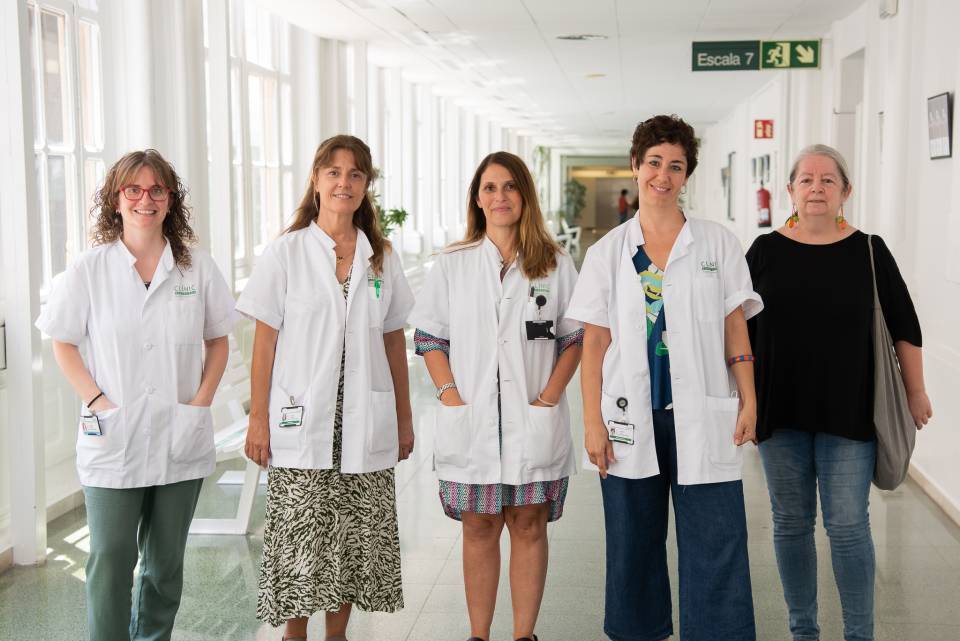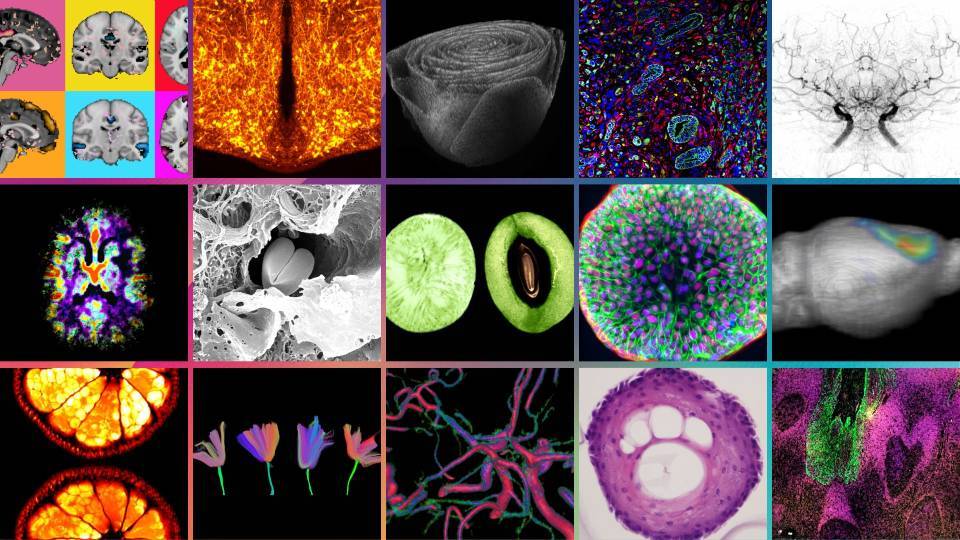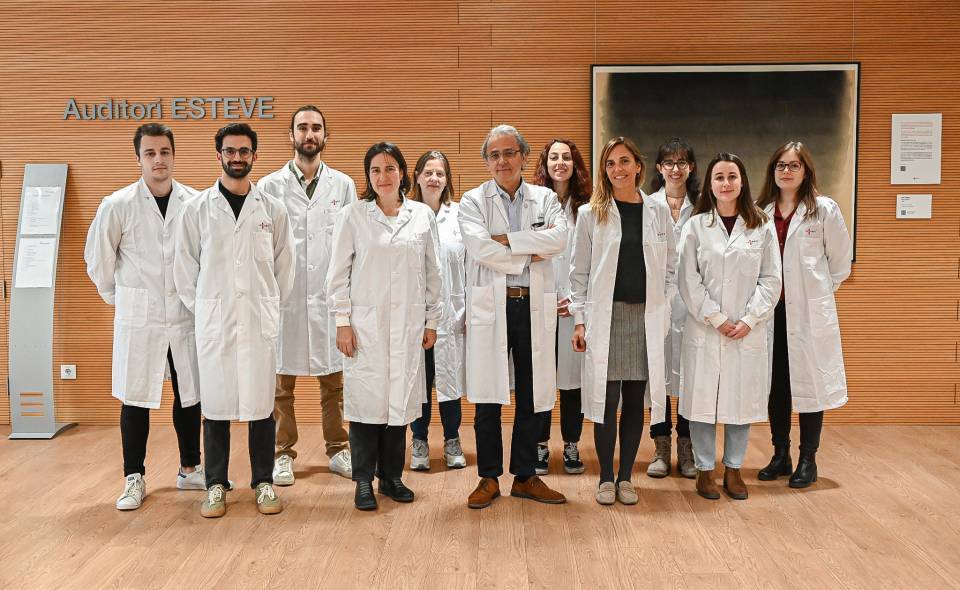Dr. Zoe Mariño, hepatologist in the Hospital Clínic-IDIBAPS Viral Hepatitis Unit, led by Dr. Xavier Forns, and researcher at the CIBEREHD, was awarded a grant in the III Gilead Grant Applications devoted to projects focusing on Micro-elimination in Hepatitis C. She received this grant at the last AEEH national hepatology congress, which was held in June 2021. This grant will enable a pioneering non-invasive hepatitis screening project to be implemented in patients with severe psychiatric illness in the Eixample Esquerre district of Barcelona. The project was carried out in collaboration with the Hospital Clínic Psychiatry Service, coordinated by the doctors Rocío Martín-Santos, José Manuel Goikolea, Isabella Pacchiarotti and Myriam Cavero. Its aim is to allow for the prospective assessment of the prevalence of chronic hepatitis (types B and C) in the population with severe mental illness, both inpatients and outpatients, to enable the detection and antiviral treatment of these diseases.
Viral hepatitis is a frequent cause of advanced liver disease and cirrhosis. Its presentation with few symptoms means it may go unnoticed in most cases. Therefore, early identification is essential for treatment and cure in the case of the hepatitis C virus (HCV), or for monitoring in the case of the hepatitis B virus (HBV). According to a systematic review published in 2016 (Hughes E et al, Lancet Psychiatry 2016;3; 40-48), the prevalence of chronic HBV or HCV infections in psychiatric patients could be 2.5 – 15 times higher than in the general population due to the co-existence of more frequent risk factors such as: drug use, institutionalization or confinement in special centres, high-risk sexual relations and sociopathy. However, up to now, the approach to these patients for systematic screening has been highly deficient, and the real prevalence in the population is unknown.
The study will allow us to carry out systematic and voluntary screening of patients with severe mental illness, mainly by obtaining a drop of capillary blood by finger prick, and involving a waiting time of 15 minutes. Any cases that test positive will be evaluated by the Hepatology Service, and the most appropriate treatment will be given in each case. The project includes the hiring of a nurse who will coordinate the entire patient treatment process: from the screening, the administration of the medication and the control of any adverse side effects, to the virological treatment or referral to the Hepatology Service when necessary. Given that HCV infection affects multiple organs and it has been seen to affect the neuropsychiatric domain, researchers will also evaluate prospectively the potential effects of the virological treatment on the quality of life and the neuropsychiatric symptoms of these patients. This is an aspect that has not been described to date.
This project involving Hepatology and Psychiatry is the result of a consolidated trajectory between both specialities. The researchers, members of CIBEREHD and CIBERSAM, aim to answer many of the unanswered questions about hepatitis and the psychiatric population. The Catalan Public Health Agency will provide support and collaborate in this project.




